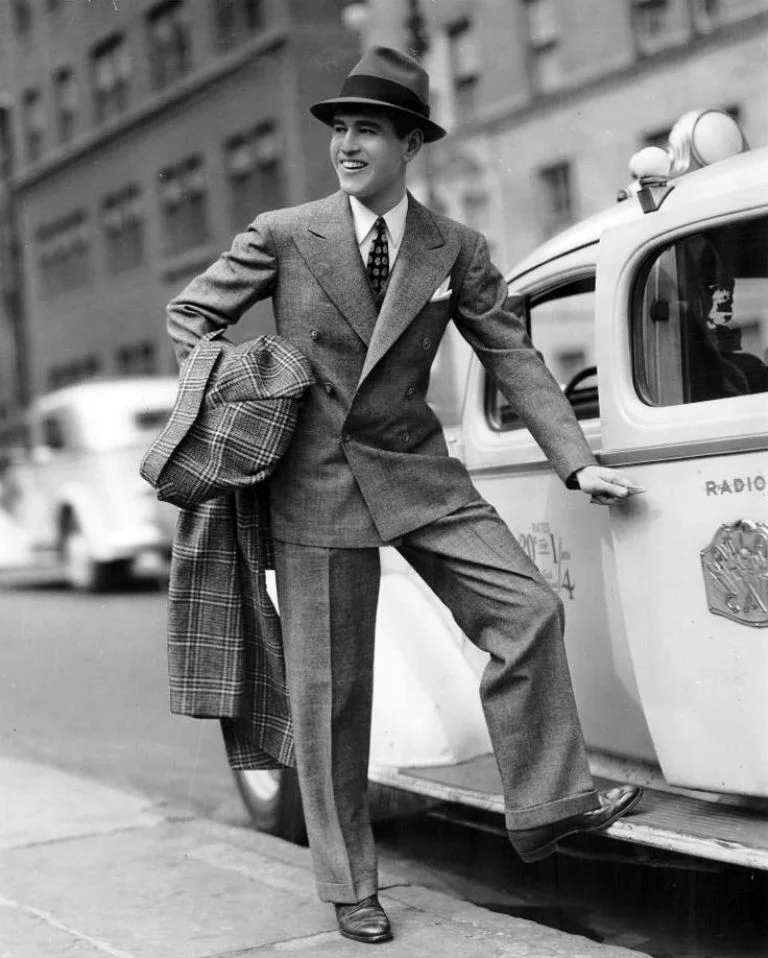Optimism
“Both optimists and pessimists contribute to society. The optimist invents the aeroplane, the pessimist the parachute.”
I have to admit, by nature I’m an optimist. Optimists see the glass half full, pessimists see it half empty, while someone with OCD sees it and says “Hey, who dirtied another glass!” I tend to always see and anticipate the good in others. To the pessimist, I may be foolish for always assuming the best in anyone or in any situation. Don’t know that I could function well in any other kind of world. Throughout my long life I have seen the best and worst in individuals which has led me to believe most people mean well, but in their effort to maintain their own idea of happiness they may be over zealous in protecting themselves from the worst in any one or any thing.
Here’s a simple test to tell which of the two mental attitudes is your predominant one, when you reach for a rose, do you anticipate the fragrance or the thorn?
I do understand we should have a balance of pessimism and optimism to properly weigh the consequences of our decisions and condition ourselves to avoid being too quick to expect the worst in others or the best in others. I prefer to live in a world where I see the best in any situation rather than the worst because it keeps me in a positive and cheerful mood rather than feeling the doom and gloom of possible things to come. I believe optimism is a gift and has been like a super power that has carried me through the worst moments of my life by allowing me to count on the positive things that others may interpret as not being in touch with my own reality. I look at optimism as a gift because it presents itself during difficult moments to help me focus on the positive things my misfortune can lead me to if I choose to unwrap and use this perfectly-timed present.
We all have a little idealist and cynic in us and we know inherently which one we tend to favor. As optimists, we may even consider our mental attitude as the lesser of the two but that’s only pessimism making its presence known. I think optimist see things differently because by nature they have learned to be more tolerant and hopeful out of necessity. A pessimist may have learned the same way and considers the optimist as not being realistic for failing to prepare for the worst case scenario. Bottom line is we need both types in our lives. If you’re an optimist, you need the pessimist to stay grounded and prepare for the “what if’s” and if you’re a pessimist, you need the optimist to take you to heights you never knew you could achieve.
It’s not just about being hopeful that good things will happen but there is also a confidence, not wishful thinking, in knowing good things CAN happen. Optimists also tend to allow more room for others to make, and learn from their own mistakes. Studies show optimism causes you to expect a brighter future and can be a learned response in any adverse situation.
A number of studies also list the following five benefits of being an optimist:
They live longer, up to a decade longer
Have better love lives, even when only one partner in the relationship is an optimist
Are more successful, outselling pessimistic thinkers by 88%
Take fewer sick days and are more likely to rate their symptoms as manageable
Bounce back faster and stronger and use failure as fuel to perform even better in the future.
Don’t be too quick to downplay the benefits that come with either of these subjective approaches, even if it conflicts with the outcome you expect. So keep your chin up, yes all of them, and remember this; good times won’t last forever, and neither will the bad times.

